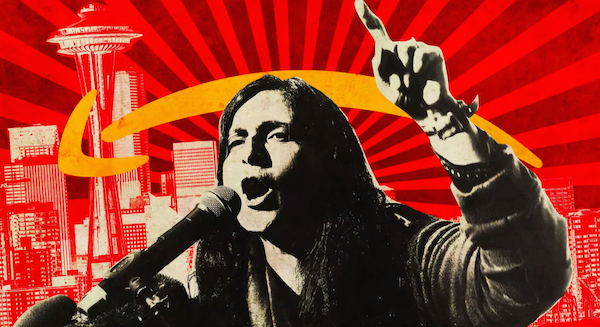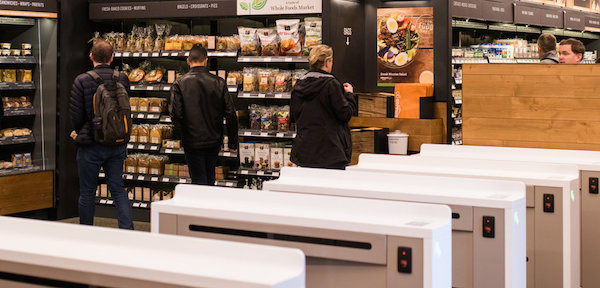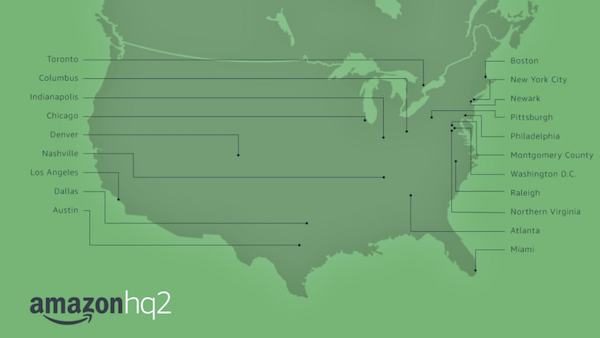Who should pay to fight urban homelessness?

Opposing taxes to help the homeless the same year you become the world’s richest human: not a great look.
This Ringer examination of the rise and fall of Seattle’s proposed “Head Tax” (a.k.a. “Amazon Tax”) mirrors something currently being proposed in San Francisco, in which large companies pay an additional per-employee tax to fund programs addressing the very problems created by their massive success — knock-on effects of income inequality and population surge, such as homelessness, traffic/transit congestion, displacement, etc.
No one wants to punish success, but as a resident of one of these cities, it’s getting dire. And at the end of the day, someone will have to pay a bit more to set up solutions to these problems.
Obviously these are intertwined; tax businesses more, wages might go down. Leave cities to solve these problems without raising taxes on anyone, that money comes out of other services. So: what’s the best pocket to pick here?
Who should pay more to battle homelessness – individuals, cities, or businesses?

